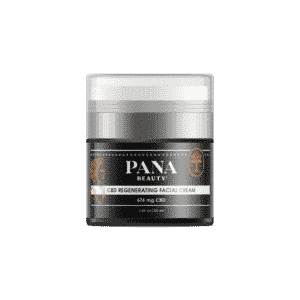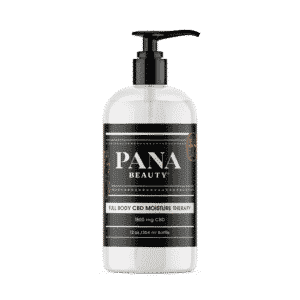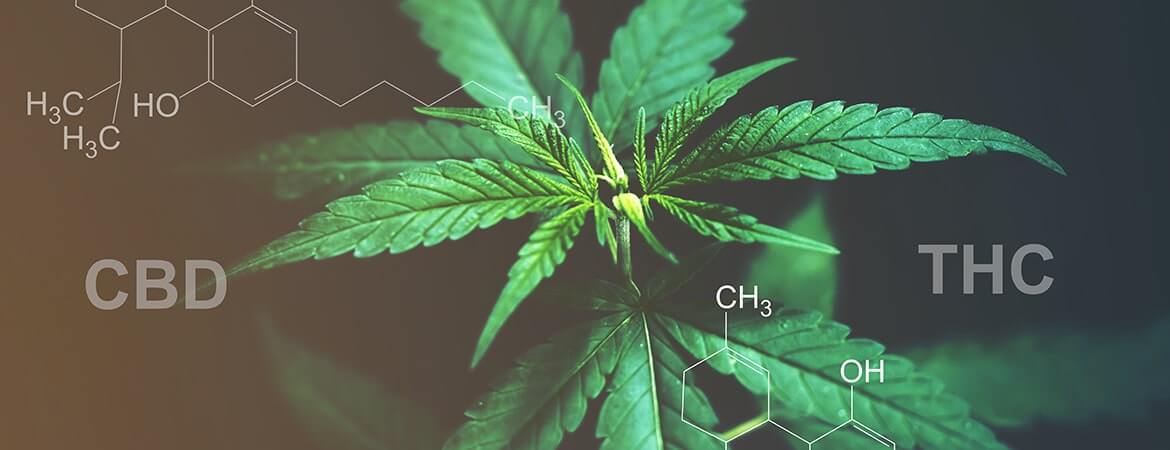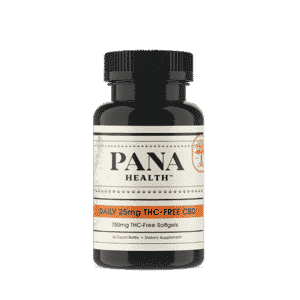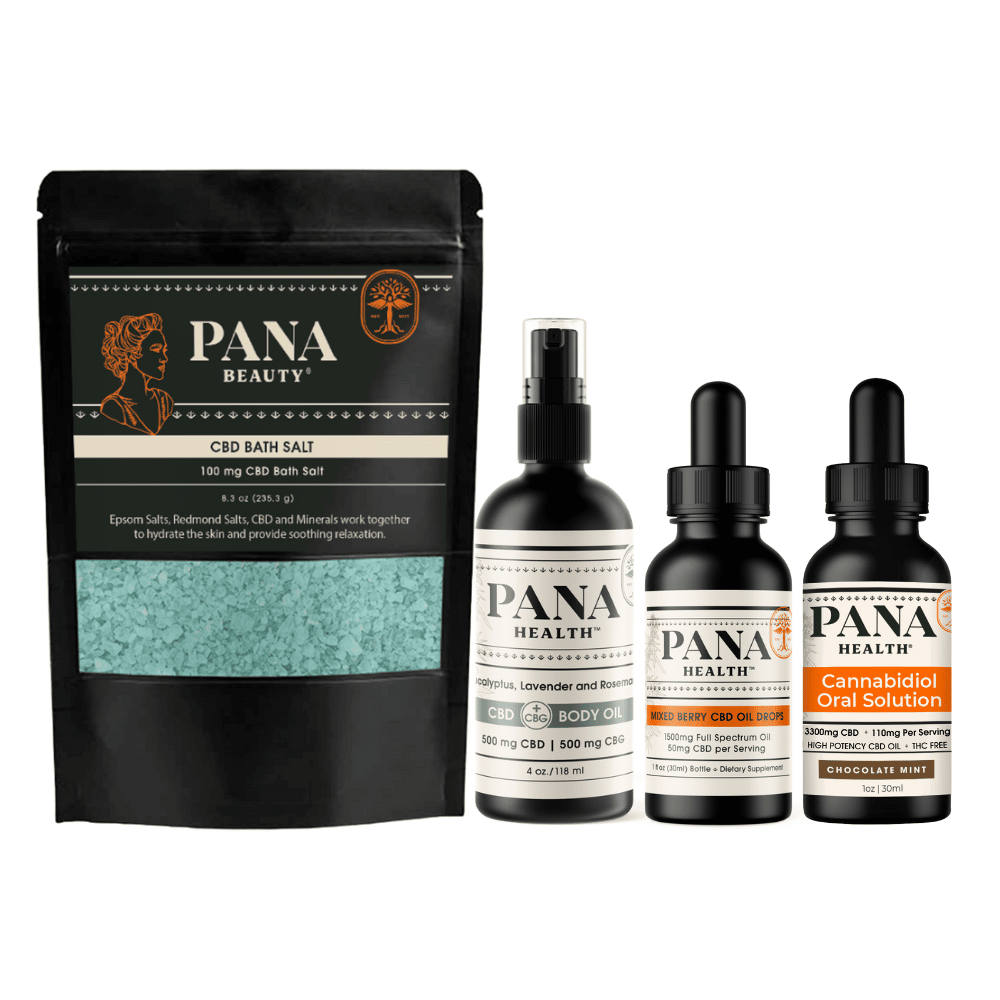One of the most exciting things about being involved in the world of Cannabidiol (CBD) is that this industry is constantly changing and evolving. There are a plethora of new products, companies, and innovative solutions to a range of health problems that are being invented all the time.
It’s a wonderful time to be a fan of CBD, that’s for sure.
Additionally, the movement to be more accepting of CBD, Hemp, and medical-based Cannabis is moving the world right now- which is fantastic. Some still harbor a misconceived stigma surrounding CBD and Cannabis-based products in some places, as people still associate it heavily with illegal drug use.

This stigma is unfortunate, as CBD products and Cannabis may have a wealth of benefits for people when used correctly. They’re great for people seeking health benefits such as joint support or mental well-being from an organic alternative to prescription medications. Cannabis products have been reported to benefit people and animals with a wide range of ailments from joint health to skin health.
Fortunately, the movement for acceptance of cannabis as a dietary supplement does seem to be taking off slowly but steadily. Social media has been incredibly useful for this, as CBD products are very popular with a younger audience and easy to use with influencer marketing techniques.
Putting all this aside, there is a new issue to consider in the CBD world that we’ve been monitoring heavily here at Panacea Life. Proposition 65 is a piece of law in California that everybody who is involved with CBD or Cannabis needs to know about, as it has the potential to disrupt the industry as a whole- and not in a positive way.
Today, we’re going to be taking a look at Proposition 65 in more depth. We’ll be analyzing how it could potentially affect the CBD, Cannabis, Hemp industries, and what users and manufacturers need to know about this subject.
What is Proposition 65?
First things first, what exactly is Proposition 65? It’s a topic that’s being spoken about heavily in California and online, but as with any legal discussion, there is a lot of unnecessary jargon and technical terms surrounding it.
Proposition 65 is a legal initiative that was introduced in 1986, as noted by this helpful article by the California Office of Environmental Health & Hazard Assessment. It was created in order to tackle problems related to toxic chemical exposure and is now known as the Safe Drinking Water and Toxic Enforcement Act- better known as Proposition 65.
This act legally mandates that businesses have to inform customers in California about the chemicals in products that they purchase. This could be products for their home, to use outside or even products in the workplace. The general aim is to keep people safe, informed, and protected from any potential harm.
One of the most important things that Proposition 65 does is that it blocks businesses from knowingly releasing harmful chemicals into water supplies or other environmental areas. This is vital, as this type of crime has happened before, and it is important to minimize it where possible for the sake of the Californian ecosystem.
From a business perspective, it’s important that businesses display warnings on their products when required by this act. Proposition 65 requires them to give a ‘clear and reasonable warning’ on the selected product, which could take the form of a product label, workplace notice, or a public display in a forum such as a newspaper.
Generally speaking, it’s a very positive act. It prevents people from unknowingly consuming products which might harm them, and it has a positive knock-on effect for helping to preserve the environment as well. However, it’s not all positive-, especially for CBD companies.
What relevance does this have to CBD?
As you may have already seen in the news, Proposition 65 is becoming a threat to the CBD, Cannabis, and Hemp industries- both for business owners and customers.
The California Office of Environmental Health & Hazard Assessment has recently announced that Cannabis and Cannabis-related products are up for review, in regards to this act. The substances that they announced that they are looking into are;
- Cannabis
- Marijuana smoke
- Cannabis extracts
- THC
They are analyzing it in regards to reproductive toxicity, which means the substance in question may affect sexual function and reproductive ability in all genders. Reproductive toxicity also means that the substance in question might have an impact on offspring in their development and general well-being as well.
This is not the first time that the California Office of Environmental Health & Hazard Assessment has turned their attention to Cannabis, either. As this blog post notes, in 2009, they listed marijuana smoke as a cancer-causing substance. Ever since this listing, there have been many examples of dispensaries being harshly targeted by the law.
The potential introduction of CBD to the Proposition 65 act has been raising a lot of debate online. As we’re sure you know already, CBD and other Cannabis-related products are incredibly helpful for people and are not psychoactive or intoxicating.
Products containing CBD, for example, are wonderful alternatives to support joint health and to benefit skin conditions (there’s a great study regarding this you can check out here.) CBD candy and edibles are easy ways to help promote mental calmness and have even been used in some cases to help people cope with other mental health conditions like OCD or PTSD.
Overall, medical cannabis and CBD products have positive benefits. So seeing this enforcement of Proposition 65 without any solid medical basis has been somewhat of a shock. We’re monitoring the situation closely, here at Panacea Life, as the CBD industry is something that is incredibly dear to our team.
Of course, it is absolutely important to be aware of the long-term effects of any product, and the long-term research into CBD usage is relatively minimal. It is interesting to look at the debate surrounding this, as it brings up a lot of the original objections to CBD that people had when products first became available to consumers.
Whether you’re a CBD user or Hemp fan, a small business or a global dispensary, how Proposition 65 is enforced is going to be a piece of news that you absolutely need to keep your eye on.
Where might the CBD industry go as a result of this?
The recent developments in Proposition 65 relating to CBD, Cannabis, and Hemp are quite worrying for the industry; Especially for smaller, independent businesses. Currently, there much anti-CBD rhetoric floating around the internet at the moment, and there are plenty of people viewing these legal developments as a reason to give CBD a bad name.
Even the possibility of CBD being listed in the same vein as marijuana smoke under Proposition 65 could be harming the industry. Unnecessarily painting CBD having harmful effects will cause consumers to stop purchasing or using products that will negatively affect businesses. This will also inhibit market growth as those who could benefit from CBD usage yet are still on the fence as they have not been educated on the positive effects of CBD will see the Proposition 65 label and decide not to explore how CBD will help overall health.
For larger businesses, market delays may be manageable. But, for smaller, family-run companies, this could be a complete disaster. Many CBD companies are started up out of love for the product and from people’s own pockets, so to see the state law enforcement cracking down on CBD products with really little medical evidence is sure to be worrying for some. The negative effect if Proposition 65 is fully enforced for consumers who have come to depend on CBD products for improving help is that access will be limited.
If CBD, Hemp, and Cannabis do end up being classified as toxic from a reproductive perspective, it is absolutely essential that businesses strive to follow the legal demands as carefully as possible. Businesses in this sector should be striving to understand the law as closely as possible right now, and doing as much research on the subject as they can.
If you’re part of a CBD related business, it would be worth your time to start this research now.
Although it may seem like enforcement of Proposition 65 is ludicrous, it is better to prepare for the worst-case scenario so that you’re pleasantly surprised if it doesn’t happen. Reach out to your peers, and spend some time reading up on the laws wherever possible.
Don’t think that just because you’re a small business, you won’t get targeted by the California Office of Environmental Health & Hazard Assessment- they seem to be enforcing this law forcefully, and there have been notable cases of tiny businesses impacted from other countries for similar cases.
If you’re part of a big business, it would be worth your time to sit down and speak with your team as a whole. Make sure that everyone understands what the potential introduction of CBD to the Proposition 65 act could mean for you, for them, for your company and for your products as well. Come up with an action plan to help you plan your next move accordingly.
One element of the Proposition 65 act that could be confusing somewhat is the labeling requirements, as noted by this helpful article. If you’re in charge of a team, make sure that everyone is up to date and that they understand the gravity of following this law to the letter. Communication within a team is absolutely vital, especially when it comes to change like this.
Overall, it’s important not to panic about this- however, it is important to prepare you and your business for the worst if it does happen. The more research you do now and the better prepared you are, the better off you will be if CBD does end up getting classified by the California Office of Environmental Health & Hazard Assessment.
To sum up
Generally speaking, Proposition 65 enforcement should not be ignored by the CBD, Cannabis, or Hemp industries. The California Office of Environmental Health & Hazard Assessment has a wealth of power over subjects like these, and relevant businesses would do well to make sure that they’re paying attention to this development.
If the motion passes and CBD, Cannabis, and Hemp are all listed as toxic for reproductive purposes, then it is worth repeating how vital it is that dispensaries, online companies, and other vendors make sure to follow the listing rules to the letter.
Even if you’re part of a small team or you’re an independent vendor, you’re going to need to make sure that you follow this act without risking anything.
One of the major things that could catch out a bigger business in this regard is poor communication. All it takes is for one member of the team to misunderstand what they are meant to be doing with labels or notices in the shop for the whole business to come under fire. Keep yourself and your team fully informed wherever possible.
If you’re a customer who’s passionate about buying CBD products and worried that you might be unable to purchase your favorite edibles, oils, and tinctures, why not reach out to local politicians or businesses to let them know your opinion? Make sure that you’re respectful, but making your voice heard is important. If this is a subject that you feel strongly about, make sure to find a peaceful yet impactful way to speak out about it.
The team here at Panacea Life is going to be watching this development with great attention. As those of you reading this will know by now, we are incredibly passionate about providing wonderful CBD products to help our audience become even healthier and happier.
Are you looking for somewhere to buy high-quality CBD products? Want to find delicious CBD gummies or top-quality equine products? Whatever you’re searching for, we’ve got you covered. Please take a look here to see our full product range today.
Additionally, if you want to get in touch with us to find out more about a product or how we could help you, then we would be more than happy to hear from you. To get in touch with a member of our team, you may send an email to [email protected] today.


